Duty-free operators across the Middle East are undergoing strategic merchandise realignments to capitalize on China's annual Golden Week travel surge. Airports and luxury retail hubs from Dubai to Doha have recalibrated inventories, pricing, and promotions to cater to the spending patterns of Chinese tourists during their peak overseas travel period.
Luxury Product Rebalancing
Retailers have increased high-end watch and jewelry allocations by 30-40% compared to regular months, responding to Chinese travelers' preference for purchasing保值 (value-preserving) items abroad. Limited-edition gold pieces from Cartier and Rolex's pastel-colored Oyster Perpetuals dominate displays, chosen for their social media appeal and perceived investment value. Simultaneously, mid-range leather goods stocks have been trimmed, reflecting softening demand from China's younger, more budget-conscious travelers.
Cultural Customization Strategies
Stores now feature Mandarin-speaking staff trained in Chinese gifting customs—knowledge crucial for high-ticket sales. Product assortments emphasize lucky number pricing (ending in 8 rather than 9) and red/gold packaging for immediate gifting suitability. Alipay and WeChat Pay promotions offer dynamic discounts tied to spending thresholds familiar to Chinese consumers (e.g., extra 8% off at ¥8,888).
Digital Integration
Pre-arrival engagement has intensified through WeChat mini-programs allowing travelers to reserve items before landing. Dubai Duty Free's app now integrates with Chinese social platforms, showing real-time inventory favored by KOL reviews. Behind the scenes, AI predicts demand spikes for specific products based on Chinese travel forum trends, enabling just-in-time restocking.
Regional Competition Dynamics
Airports are jockeying for transit traffic by timing exclusive product launches with Golden Week. Doha's Hamad International secured first Middle East availability of Feuille d'Or perfumes, while Dubai counters with limited-edition camel milk chocolates in zodiac-themed packaging. This one-upmanship benefits Chinese shoppers but strains supplier relationships as exclusivity windows shrink.
Payment Infrastructure
Behind the glittering displays, Middle Eastern retailers have overhauled financial systems to accommodate China's mobile payment ecosystem. Temporary merchant codes allow Alipay transactions without violating China's cross-border payment caps, while UnionPay terminals now support higher single-transaction limits specifically for Golden Week.
The Middle East's duty-free sector demonstrates remarkable agility in adapting to China's travel rhythms, blending luxury retail expertise with hyper-localized cultural intelligence. As Chinese tourism evolves post-pandemic, these seasonal adjustments offer insights into the future of global travel retail—where understanding micro-trends in key source markets becomes as crucial as maintaining world-class retail spaces. The Golden Week playbook being refined in Gulf airports may soon become the standard for catering to all major tourist demographics.

By William Miller/Mar 31, 2025

By Rebecca Stewart/Mar 31, 2025
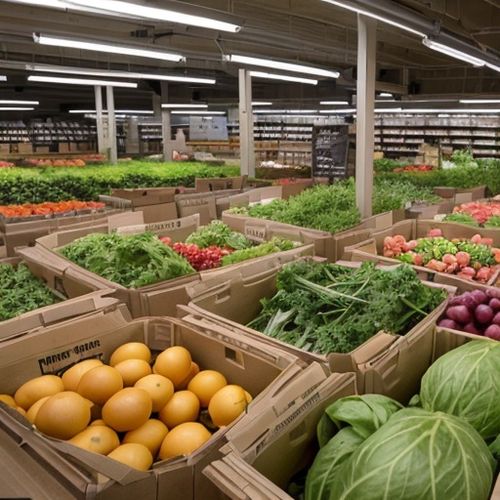
By Natalie Campbell/Mar 31, 2025

By Olivia Reed/Mar 31, 2025
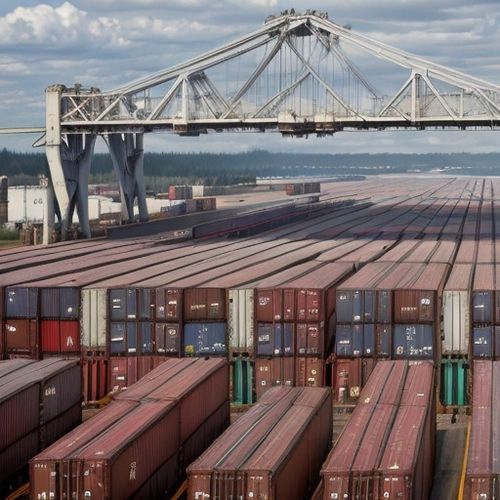
By Amanda Phillips/Mar 31, 2025

By Michael Brown/Mar 31, 2025

By Lily Simpson/Mar 31, 2025

By Natalie Campbell/Mar 31, 2025

By Christopher Harris/Mar 31, 2025

By Eric Ward/Mar 31, 2025
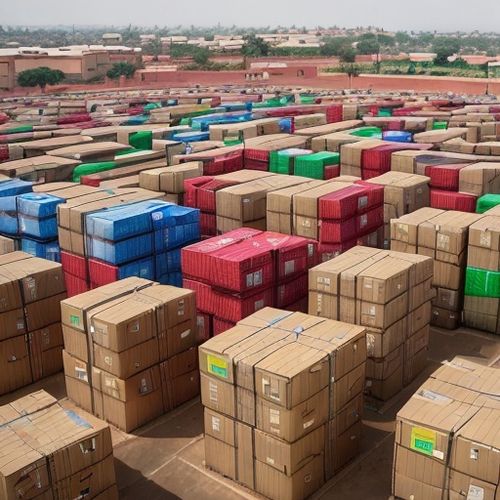
By Daniel Scott/Mar 30, 2025
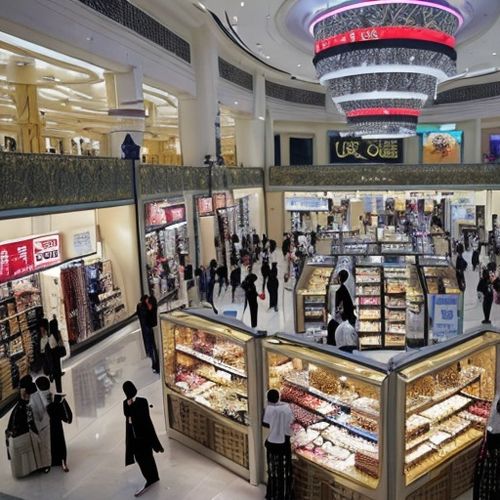
By Thomas Roberts/Mar 30, 2025

By Natalie Campbell/Mar 30, 2025
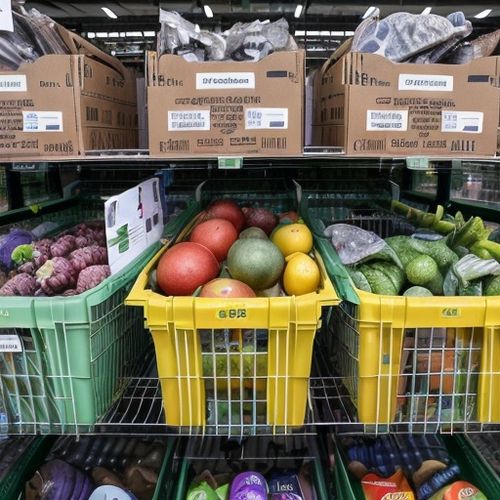
By Rebecca Stewart/Mar 30, 2025

By James Moore/Mar 30, 2025

By Benjamin Evans/Mar 30, 2025

By Michael Brown/Mar 30, 2025
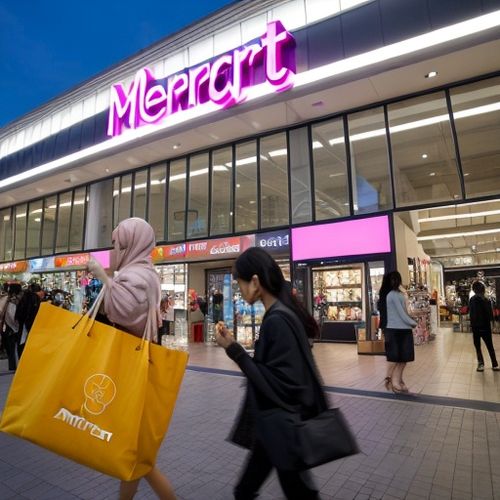
By John Smith/Mar 30, 2025
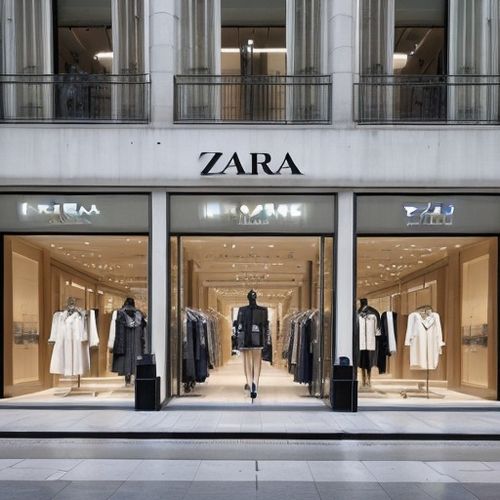
By John Smith/Mar 30, 2025

By Victoria Gonzalez/Mar 30, 2025